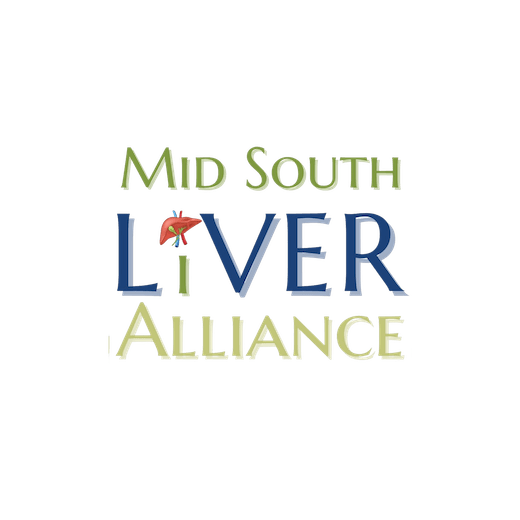Autoimmune Hepatitis
Autoimmune Hepatitis (AIH) occurs when the immune system attacks the liver, eventually causes permanent liver damage. AIH is often associated with other autoimmune diseases such as Graves Disease, Type 1 diabetes, ulcerative colitis, inflammatory bowel (IBD), thyroiditis, systemic lupus, rheumatoid arthritis and scleroderma.
Type 2 is found in girls aged 2-14. Risk factors include a family history of AIH, being female, a history of certain bacterial or viral infections and taking certain classes of medications (minocycline) that is often used to treat acne.
Symptoms of AIH range from none at all to severe and may occur gradually over time or suddenly. The symptoms include spider veins visible on the skin, abdominal swelling, dark urine, pale stools and an enlarged liver. Other symptoms can include the yellowing of the skin and eyes (jaundice), fatigue, joint pain, nausea and vomiting and itchy skin.
It is important to diagnose AIH because it can be treated. Approximately 60-85% of people with the disease will go into remission within 3 years if properly treated. In many cases, the liver can heal completely. AIH is detected most commonly with a blood test. Occasionally a liver biopsy will be needed as well.
While AIH can occur at any age, it is most associated with young women and girls. The most common is Type 1 which is usually diagnosed in young adult women. Type 2 is found in girls aged 2-14.

